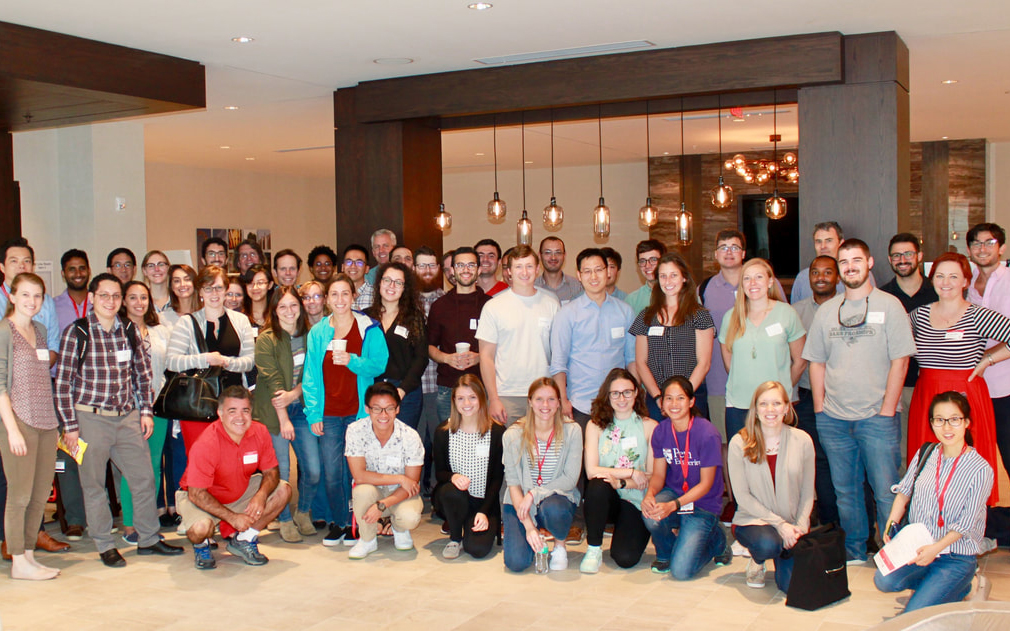Over the past decade, bioengineering has remained one of the fastest-growing programs at the University of Maryland. In the past three years alone, the Fischell Department of Bioengineering's (BIOE) research expenditures have nearly doubled to ~$15 million, placing it among the Top 25 bioengineering/biomedical engineering programs in the country in total research funding dollars per faculty.
Earlier this month, assistant professors Gregg Duncan and Katharina Maisel were awarded grants by the American Lung Association, collectively totaling $125,000 each year for up to two years. Dr. Duncan was also named a member of the inaugural Langmuir Early Career Advisory Board in late September.
This summer, associate professor Steven Jay was named the recipient of a RoosterBio development grant aimed at facilitating investigators who work to accelerate the path to clinical translation for adult cell-based therapeutics.
Earlier this year, assistant professor Huang Chiao (Joe) Huang, in collaboration with Dr. Dana Roque of the University of Maryland School of Medicine, received an Ovarian Cancer Research Grant from the Foundation for Women's Cancer. The grant will support research on nanotechnology-assisted, mechanism-based combination therapy for ovarian cancer peritoneal carcinomatosis.
Our faculty and staff work in a broad array of research areas, including:
- Cancer & Immunology
- Machine Learning & Computational Modeling
- Mechanobiology & Biomechanics
- Medical Devices & Biofabrication
- Molecular & Cellular Therapeutics and Drug Delivery
- Optical Technologies & Biomedical Imaging
- Systems & Synthetic Biology
- Tissue Engineering & Biomaterials
